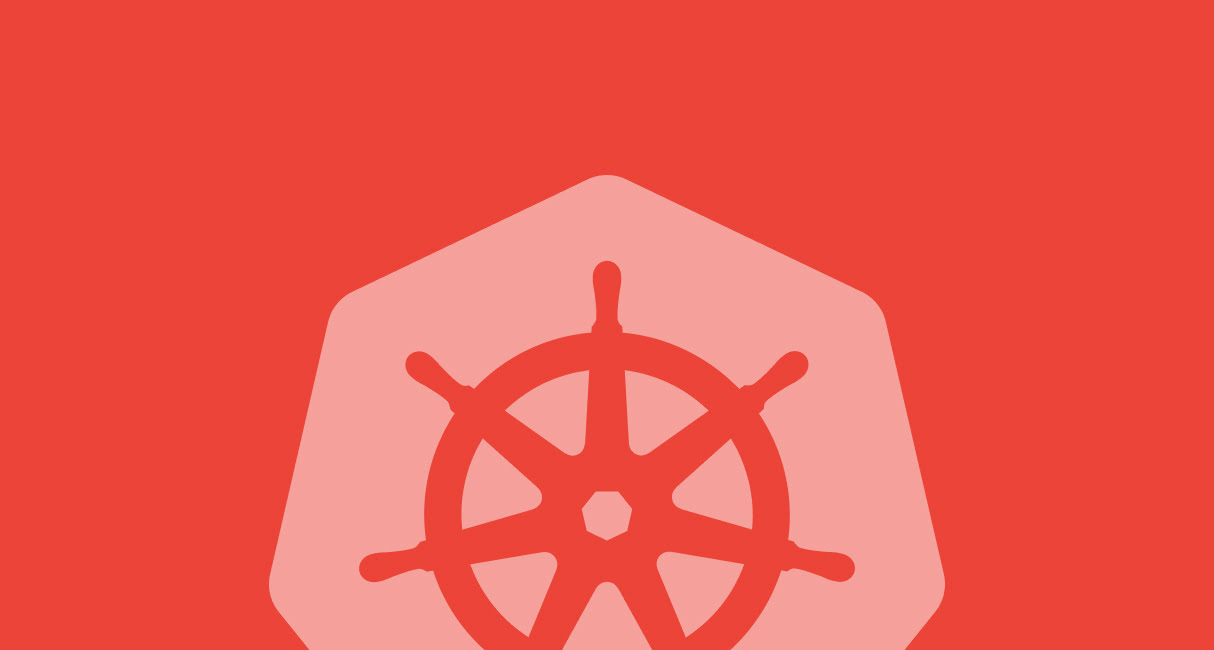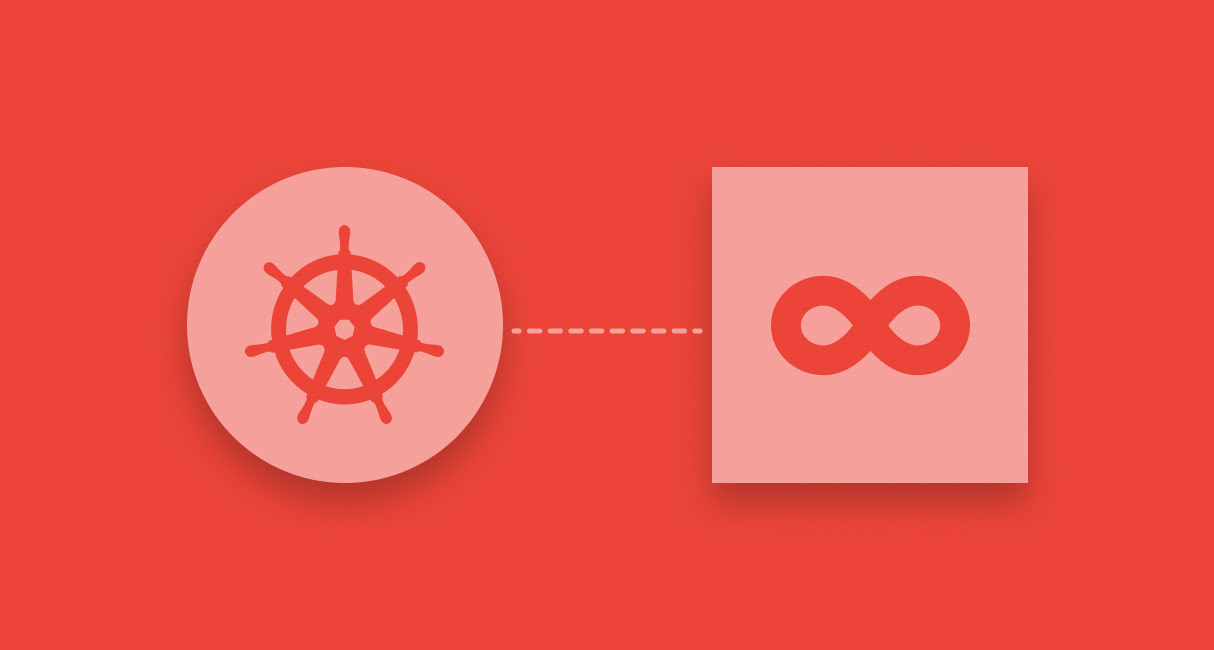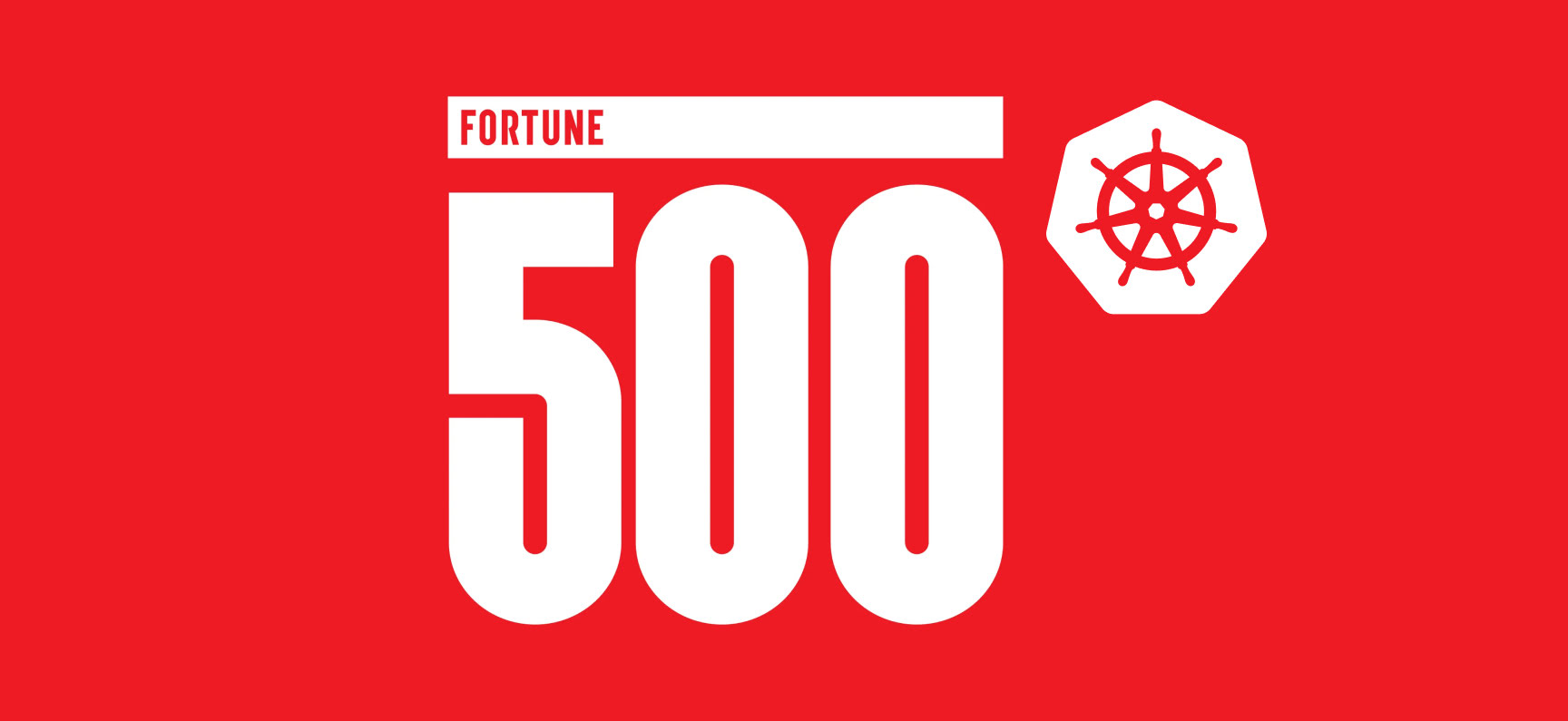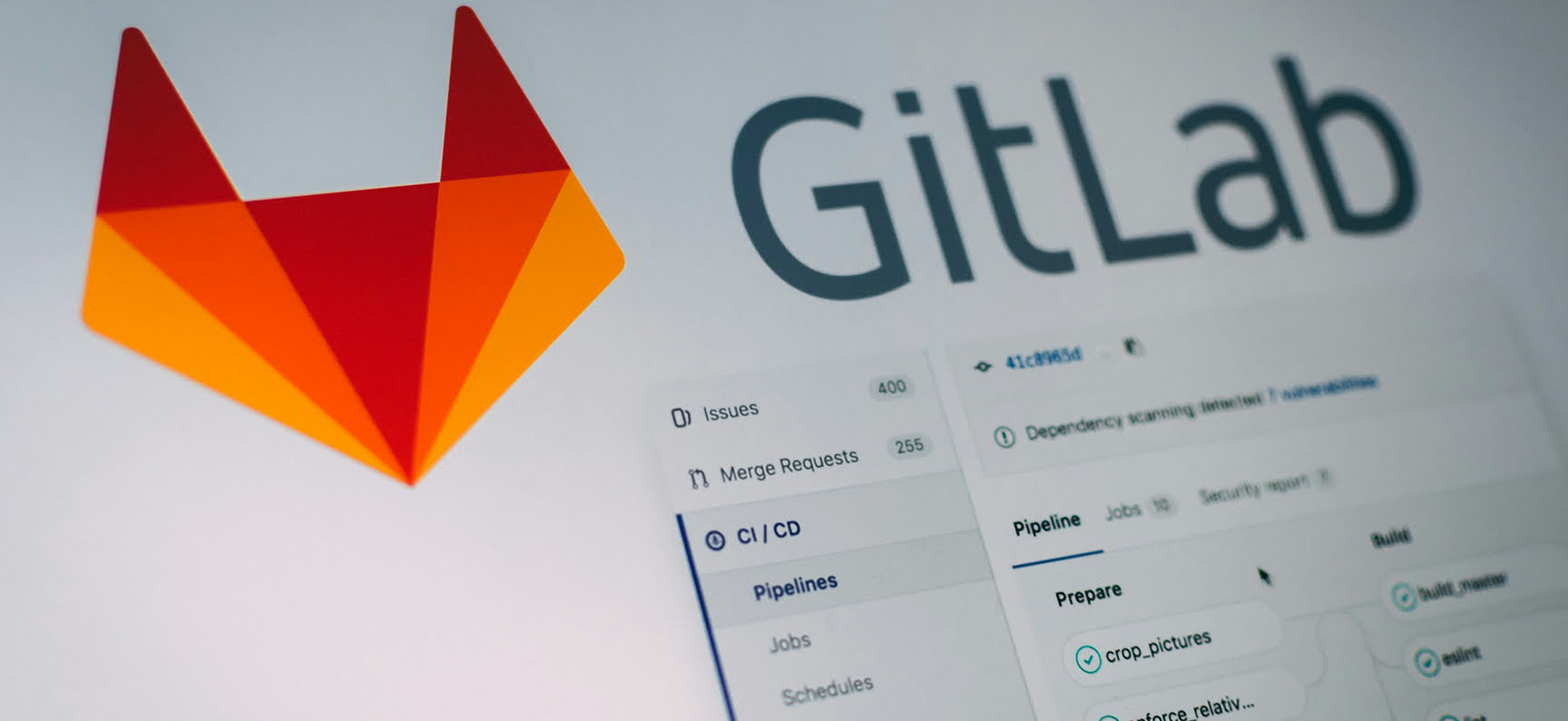Let’s face it – today’s market doesn’t wait around for anyone. If you’re not moving fast, you’re already falling behind. That’s why Fortune 500 companies are leaning hard into Kubernetes to speed up deployments, scale smarter, and keep their operations running like a well-oiled machine.
Kubernetes isn’t just another piece of tech – it’s the backbone of modern infrastructure. From banking giants to media platforms, Kubernetes is setting the pace for how apps get built and delivered in 2025 and beyond. And we’re not talking experiments here – we’re talking full-on production environments running at global scale.
According to The Voice of Kubernetes Experts Report 2024, 80% of enterprises are planning to build most of their new applications on cloud-native platforms, a clear sign that companies that use Kubernetes are shaping the future of enterprise infrastructure.
In this article, we’ll explore how top enterprises are using Kubernetes to accelerate deployment, improve system resilience, and embrace true DevOps automation. We’ll walk through a list of US companies using Kubernetes in production, unpack why so many organizations are making the switch, and share real-world examples from brands you know.
The Rise of Kubernetes Among Fortune 500 Companies
Let’s be real – Kubernetes didn’t just shake up the DevOps world – it flipped the script. What started as a Google side project is now the go-to infrastructure weapon for some of the biggest, fastest-moving companies on the planet. Fortune 500 companies aren’t just dabbling in Kubernetes – they’re betting big on it.
In a world where deployment speed, uptime, and scalability can make or break business growth, Kubernetes is the infrastructure engine behind some of the most agile and innovative companies on the planet. Its ability to automate deployment, scaling, and lifecycle management of containerized applications allows businesses to deliver software faster, more reliably, and with fewer human errors.
For Fortune 500 companies, this isn't just a technical advantage – it’s a strategic necessity. With millions of users and massive infrastructure footprints, these organizations need systems that are elastic, resilient, and built to adapt quickly to change. Kubernetes delivers that flexibility, helping teams move from monolithic legacy systems to microservices architectures that can be developed, tested, and deployed independently.
What’s driving this shift? A few key benefits:
- Faster release cycles: Teams can deploy updates multiple times a day instead of waiting for slow, quarterly rollouts.
- Improved system uptime: Kubernetes helps ensure high availability, load balancing, and automatic failover – essential for mission-critical apps.
- Better resource efficiency: By right-sizing workloads and leveraging autoscaling, enterprises can reduce infrastructure waste and control cloud costs.

Real-World Examples: Huge Companies Using Kubernetes
Here’s a curated list of big companies using Kubernetes in production, and not just because it’s trendy. These global powerhouses are tapping into Kubernetes to move faster, automate smarter, and scale without breaking a sweat. For them, Kubernetes isn’t just another tool in the stack – it’s a core piece of their DevOps strategy, giving them the edge in a market where every second counts.
- Netflix
The streaming giant was ahead of the curve, embracing Kubernetes to tame its massive, distributed microservices architecture. With millions of users streaming simultaneously, Netflix uses Kubernetes to roll out updates in real time, minimize downtime, and manage services globally across multiple regions. It’s the infrastructure backbone that keeps their platform binge-ready 24/7.
- Spotify
Spotify’s entire platform relies on hundreds of microservices, and Kubernetes is what keeps it all humming. From managing real-time analytics to scaling up infrastructure during new releases or peak listening hours, Kubernetes helps Spotify deploy faster, troubleshoot more easily, and give engineers full control through automation and observability tools. It’s a textbook example of how Kubernetes and DevOps go hand in hand.
- GitLab
GitLab lives and breathes DevOps – and of course, it runs on the container orchestration platform. Their SaaS product leverages Kubernetes for CI/CD automation, scalable deployments, and secure environments. They even built in GitOps workflows, making them one of the go-to case studies for how to integrate Kubernetes into the full software delivery lifecycle. If you want a look at Kubernetes DevOps done right, GitLab’s your blueprint.
- IBM
IBM didn’t just adopt Kubernetes – they baked it into their cloud offerings. Through the IBM Cloud Kubernetes Service, they provide managed, enterprise-grade solutions to customers worldwide. But behind the scenes, IBM also uses the container orchestration platform to modernize its own delivery pipelines, helping internal teams move faster and innovate across legacy systems.
- Capital One
As one of the most forward-thinking banks in the U.S., Capital One is a standout in financial companies using Jenkins on Kubernetes. Their CI/CD pipelines allow rapid, secure deployments – crucial in an industry where compliance is non-negotiable. With the container orchestration platform, they’ve slashed rollout times, automated audits, and built systems that can scale fast without losing control.
- Bank of America
Bank of America teamed up with IBM to modernize its infrastructure using the container orchestration platform, and it wasn’t just about saving costs. Their strategy focused on full automation, infrastructure as code (IaC), and advanced monitoring. Now, their DevOps teams can deploy faster, reduce incident response time, and keep core financial systems running with ironclad uptime.
- CERN
Yes, even the folks studying the origins of the universe are using the container orchestration platform. CERN relies on Kubernetes to handle intensive computing workloads required for particle physics research. It lets them automate job scheduling, scale compute resources on demand, and keep massive datasets moving – all without babysitting infrastructure.
- Adobe
Adobe migrated core services to Kubernetes to enable multi-cloud flexibility and gain tighter control over deployment cycles. With the container orchestration platform, they’ve reduced deployment friction, improved cost efficiency through right-sized resource usage, and empowered teams to ship faster across services like Creative Cloud and Document Cloud.
These examples prove that many companies use Kubernetes to power fast, reliable deployments – whether it’s managing millions of users, handling sensitive financial transactions, or running complex scientific research.
And as our internal DevOps experts emphasize, we look up to Netflix, Spotify, and GitLab for their approach to automation, monitoring, and release velocity – all at massive scale. Their success isn't just about tools – it’s about strategy, culture, and relentless focus on doing DevOps right.
Expert Opinion «When we look at how Fortune 500 companies are scaling with Kubernetes, we’re not just watching what tools they use – we’re analyzing the strategies behind them. We draw a lot of inspiration from leaders like Netflix, Spotify, and GitLab, especially their approach to automation, monitoring, and infrastructure management at scale. At the same time, we’ve learned just as much from their mistakes – things like overprovisioning, lack of IaC, or skipping early monitoring. For us, it’s about using those lessons to help our clients move smarter from day one.»Daniil Bakanov DevOps Engineer at Artjoker
DevOps and Kubernetes: A Synergistic Relationship
If DevOps is the philosophy behind faster, more reliable software delivery, the container orchestration platform is the machinery that makes it real. These two aren’t just compatible – they fuel each other. When teams embrace both, they unlock a level of speed, automation, and resilience that siloed systems simply can’t touch.
The container orchestration platform doesn’t just play nice with DevOps pipelines – it supercharges them. By treating infrastructure as code and packaging applications into containers, the container orchestration platform enables teams to build, test, and deploy software in a way that’s consistent, repeatable, and scalable. That means fewer surprises in production and more confidence in every release. With the container orchestration platform running under the hood, you can move from monthly rollouts to multiple deployments a day without missing a beat.
But the real magic happens in the way the container orchestration platform changes team dynamics. Dev and Ops no longer operate in isolation. Developers can work in self-service environments that mirror production, while operations can manage resources, enforce policies, and monitor system health without stepping on toes. The result? Tighter collaboration, faster feedback loops, and a shared sense of ownership across the delivery pipeline.
Kubernetes also brings observability to the forefront – something that used to be an afterthought in many organizations. When it’s baked into your platform from the start, you can see what’s working, what’s failing, and what needs tuning in real-time.

Lessons Learned from Fortune 500 Mistakes
Even the biggest companies don’t always get it right. As the container orchestration platform adoption ramps up across Fortune 500s, there’ve been a few bumps in the road – and plenty of valuable takeaways.
From our DevOps experts’ perspective, here are some of the most common mistakes we’ve seen large enterprises make with the container orchestration platform – and how you can avoid them:
- Over-provisioning resources: Without clear CPU and memory limits, companies often burn through cloud budgets fast. The container orchestration platform won’t save you money unless you right-size your pods and use autoscaling smartly.
- Weak automation pipelines: Manual deployments are a breeding ground for human error. Many companies struggled with slow, unreliable releases until they fully committed to CI/CD and Infrastructure as Code (IaC).
- Poor observability early on: Skipping monitoring until “later” is a recipe for late-night incident calls. The smartest teams bake in logging, alerting, and performance tracking from day one.
These slip-ups cost companies time, money, and trust, but they also created a roadmap for everyone else. The takeaway? Don’t wait to get serious about IaC, observability, and automation. Start strong, and you’ll scale faster with fewer headaches.
How Financial Giants Use Jenkins on Kubernetes for CI/CD at Scale
The rise of Kubernetes adoption has transformed DevOps in banking industry, making it possible for even the most security-conscious institutions to innovate without compromising compliance or performance. When it comes to businesses that use Kubernetes, the financial sector has become one of the fastest-growing adopters. Why? Because banks, insurance firms, and fintech players need to deploy fast, stay secure, and handle huge spikes in traffic – all while staying compliant with strict regulatory requirements.
For these reasons, many financial institutions have turned to a powerful combination: Jenkins on Kubernetes. Jenkins provides the automation muscle for CI/CD pipelines, while Kubernetes delivers the flexibility and resilience needed to run those pipelines at scale.
Here are some notable names of financial companies that is using Jenkins on Kubernetes to drive DevOps transformation:
- Capital One
A pioneer in cloud-native banking, Capital One uses Jenkins on Kubernetes to accelerate delivery cycles, enforce compliance rules through automation, and enable hundreds of development teams to ship faster with confidence.
- JP Morgan Chase
One of the largest banks in the world, JPM, has invested heavily in the container orchestration platform for infrastructure management and uses Jenkins to power automated deployment pipelines across its global engineering teams.
- Fidelity Investments
Fidelity leverages Kubernetes and Jenkins to modernize its CI/CD strategy, reduce risk, and support scalable deployment environments across trading, analytics, and customer-facing platforms.
- ING Group
Though based in Europe, ING’s U.S. engineering operations run Jenkins on Kubernetes to streamline workflows and push out updates with minimal downtime – a must for real-time financial services.
These companies aren't experimenting – they're in production, delivering millions of transactions daily on top of cloud-native systems. And they’re far from alone.
According to recent industry data, the number of companies using Kubernetes worldwide has surpassed 50,000, and a significant share of those are in finance, healthcare, and technology sectors where system reliability and deployment speed are business-critical.
If you're in financial services and still running monolithic apps on traditional VMs, it's time to take note. The leading enterprises that use Kubernetes aren’t just cutting costs – they’re gaining the agility to innovate, respond to customer needs faster, and maintain strict governance across their CI/CD pipelines.
As a result, Kubernetes has become the cornerstone of modern DevOps for financial services, enabling rapid innovation while meeting the rigorous demands of uptime, auditing, and scalability. This combination enhances scalability, fault tolerance, and resource optimization, essential for the dynamic demands of the financial industry.

The Business Impact: Why Companies Use Kubernetes
Whether you're running a lean startup or leading a Fortune 500 enterprise, the container orchestration platform gives you the kind of speed, stability, and scale that modern businesses need to survive and thrive in today’s market. So what’s driving this surge in adoption? It’s not theory – it’s hard, measurable impact.
Here’s why so many businesses use Kubernetes:
- Accelerated Deployment: The container orchestration platform automates the boring, repetitive stuff that used to slow teams down. Think zero-downtime deployments, auto rollbacks, and seamless updates across environments. With the container orchestration platform in your DevOps toolkit, your team can deploy code several times a day instead of once a month.
- Scalability: Whether your app is serving 1,000 users or 10 million, the container orchestration platform knows how to scale workloads dynamically based on real-time demand. For high-growth companies, that means no more panic during traffic spikes – and no wasted resources during quiet hours. It's like having a smart thermostat for your infrastructure.
- Resource Optimization: Here’s where Kubernetes really hits the CFO’s sweet spot: cost control. With built-in autoscaling and fine-grained resource management, the container orchestration platform helps you use exactly what you need – and not a penny more. You can say goodbye to oversized VMs and bloated cloud bills.
- Enhanced Reliability: Downtime isn’t just annoying – it’s expensive. Container orchestration platform was built with reliability in its DNA. If a pod crashes? It restarts automatically. If a node goes down? Workloads shift without missing a beat. This kind of self-healing infrastructure ensures high availability, even during failures, updates, or unexpected demand surges.
These advantages make Kubernetes a strategic asset for companies aiming to enhance their DevOps development services.

Conclusion
Kubernetes isn’t just a trend – it’s the new standard for how modern enterprises build, deploy, and scale software. What started as a tool for managing containers has evolved into the engine behind some of the world’s most innovative companies. From Netflix streaming billions of hours of content to Capital One delivering secure financial services at scale, the container orchestration platform is powering production-grade workloads with speed, precision, and confidence.
Fortune 500 companies aren’t just adopting Kubernetes – they’re building their future on it. Why? Because it delivers real, measurable business outcomes. Faster time to market. Lower infrastructure costs. Greater uptime. Smarter use of resources. And perhaps most importantly, it helps DevOps teams move from firefighting to forward-thinking.
Ready to transform your deployment strategy? At Artjoker, we specialize in Kubernetes solutions tailored to your business needs. Our expertise ensures seamless integration, optimized performance, and accelerated delivery cycles. Let's collaborate to elevate your infrastructure and drive growth. Contact us today to get started.
Similar articles
View allyour business
together
- PROJECT INQUIRIES info@artjoker.net
- CALL US +1 213 423 05 84
contact us:












